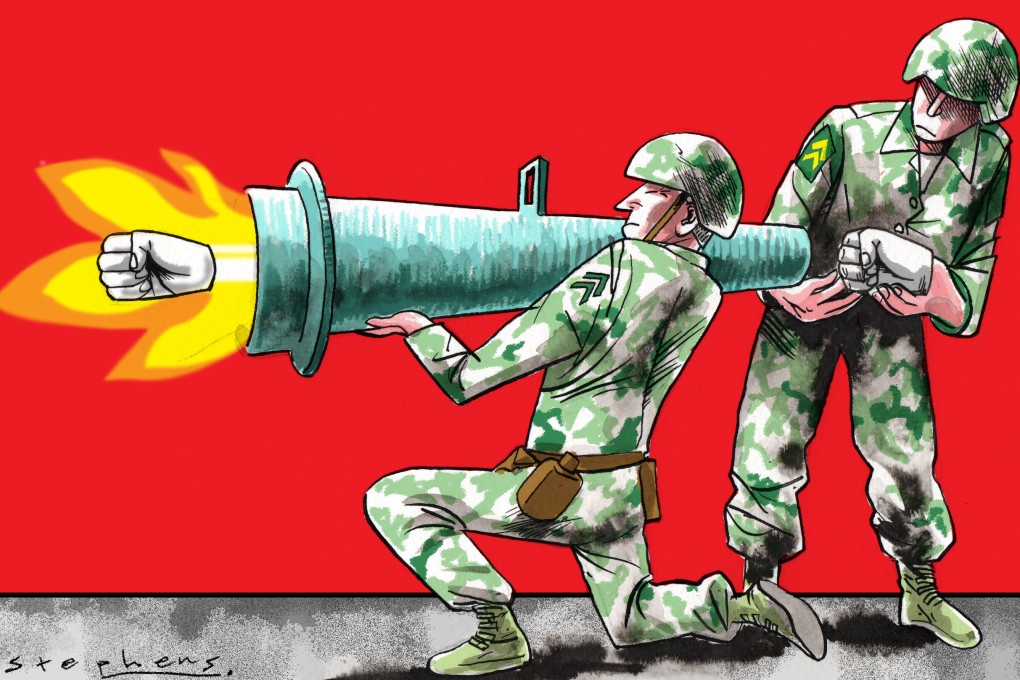Opinion | The West defined terror for 20 years. Now China wants to define democracy
- In fighting the ‘war on terror’, the West has seen its democratic rights and freedoms eroded
- With much of the international community fed up with the West’s weaponising of human rights, China is pushing back with its own definition of democracy

Nine days after the September 11 attacks in the United States, president George W. Bush, addressing a joint session of Congress, said: “They hate our freedoms – our freedom of religion, our freedom of speech, our freedom to vote and assemble and disagree with each other.”
On August 25, Australia, America’s staunchest ally in the “war on terror”, passed the Surveillance Legislation Amendment (Identify and Disrupt) Bill, giving unprecedented powers to the federal police and Criminal Intelligence Commission to monitor online activity, take over online accounts and disrupt data.
The government argues that the legislation is to fight the rise in organised crime and money laundering, but the Human Rights Law Centre warned that it could potentially be used against journalists and whistle-blowers.

